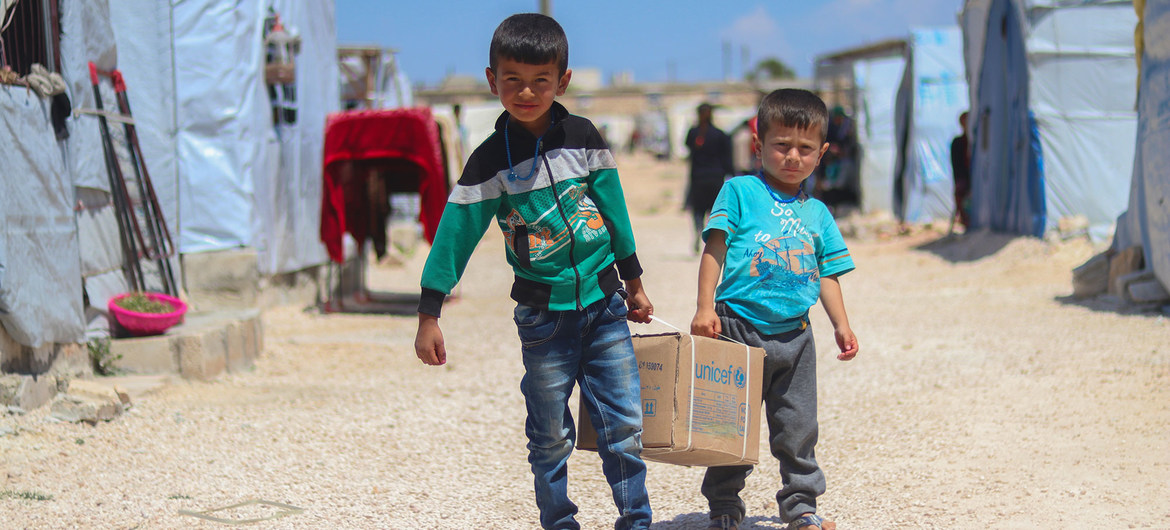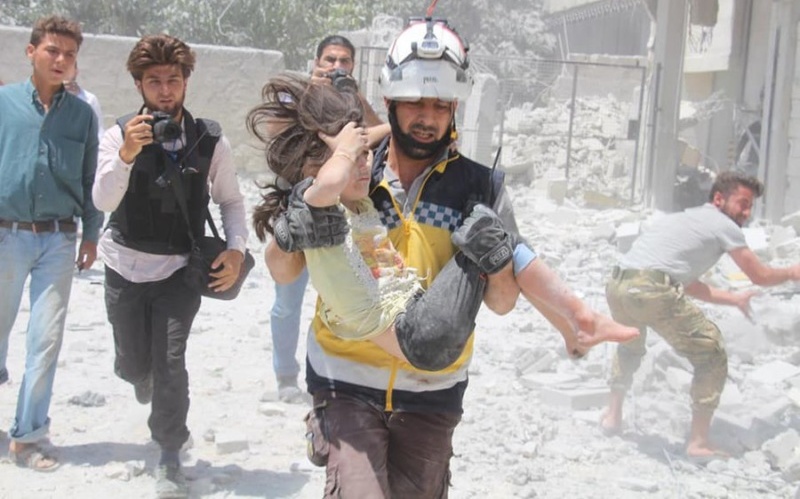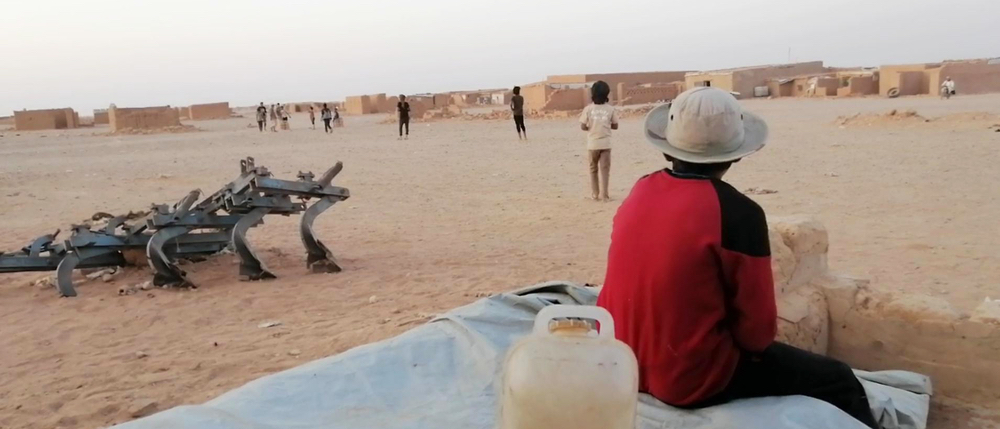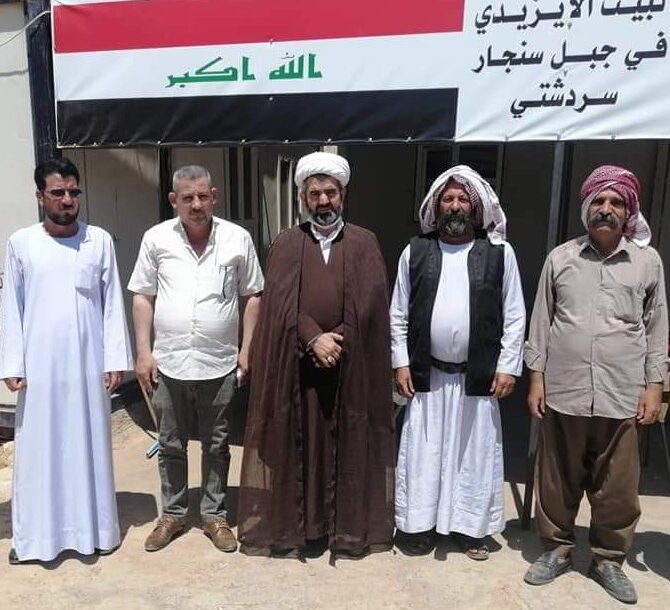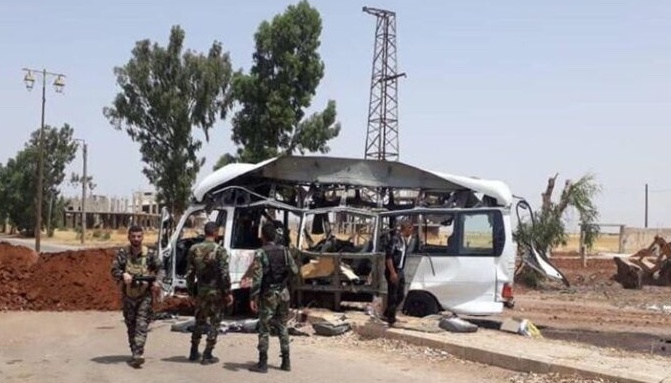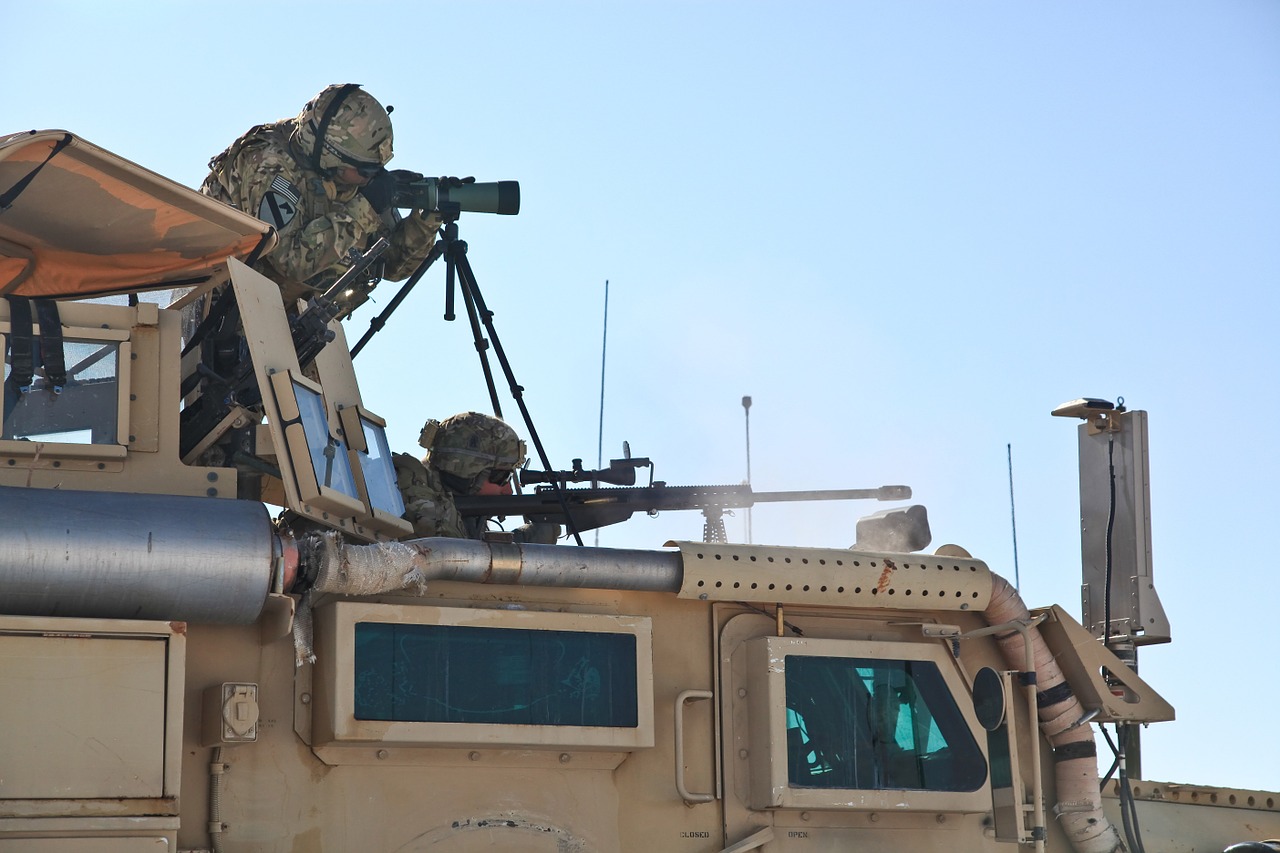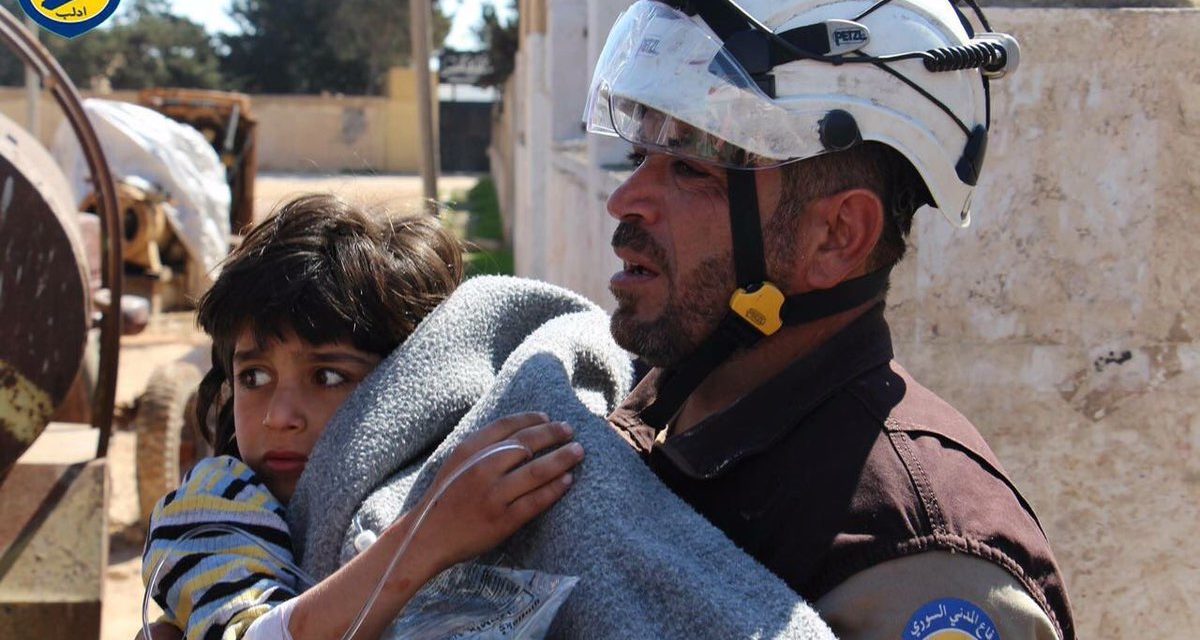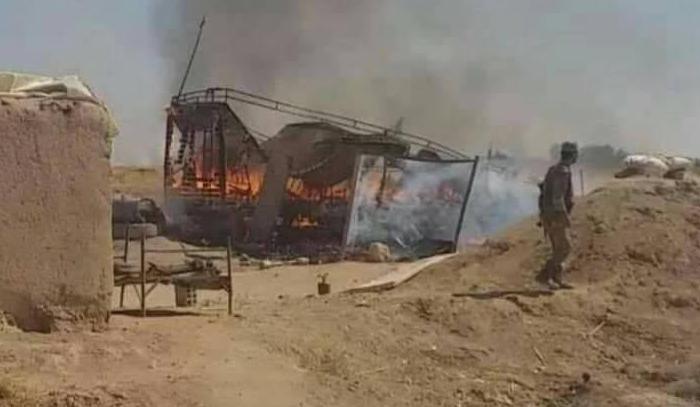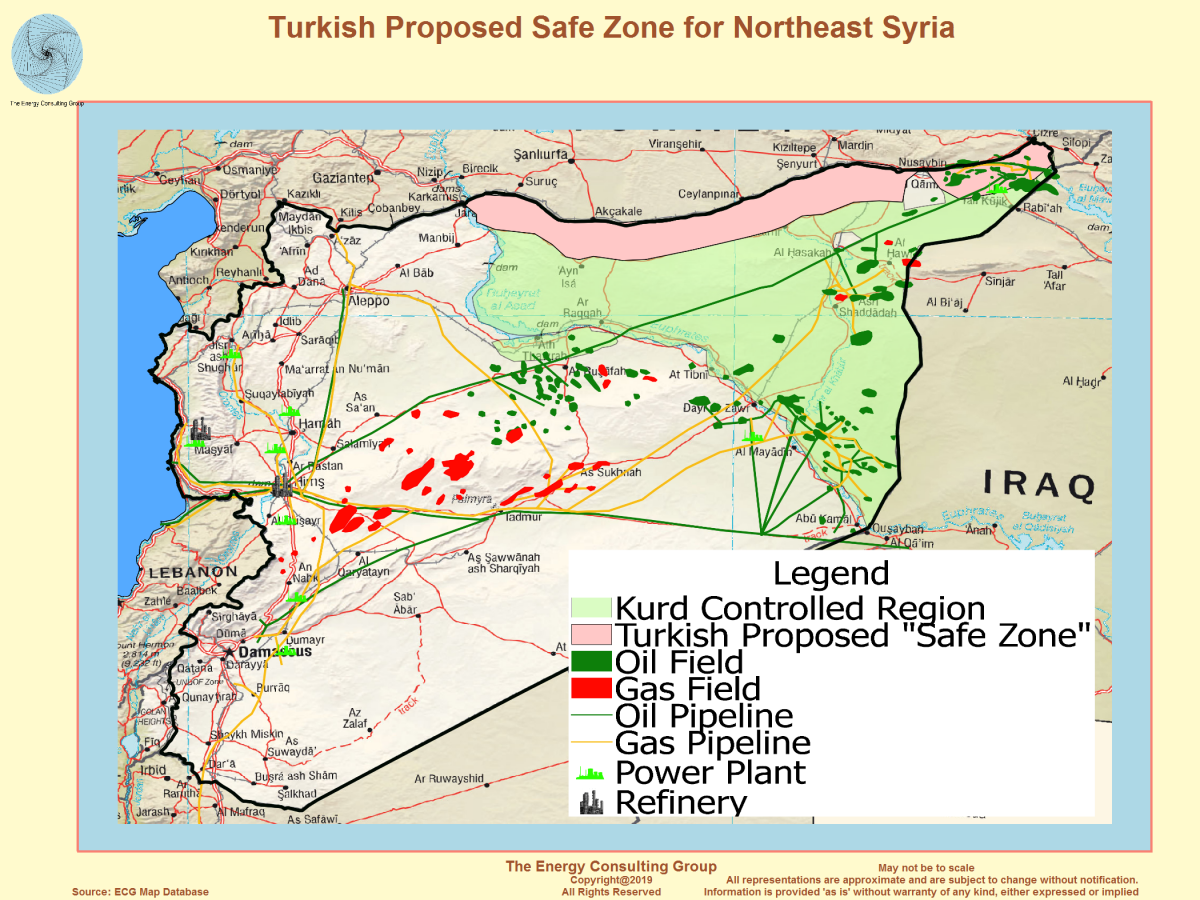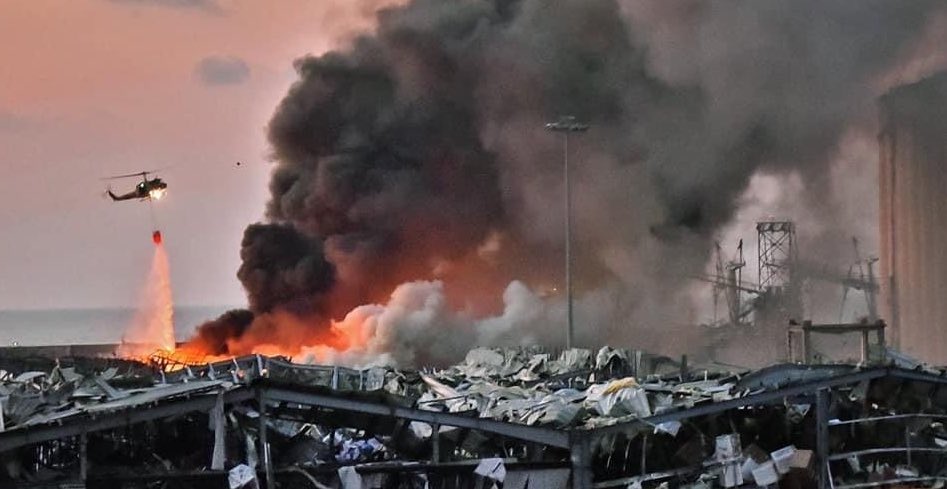
Syrian draft-resister wins landmark asylum case
The Court of Justice of the European Union (CJEU) ruled that foreign military draft evaders may be entitled to asylum in the EU. The court held that there is a “strong presumption” that people escaping military service under authoritarian regimes are entitled to asylum, if evasion is motivated by “political opinions, religious beliefs or…membership of a particular social group.” The case, concerning a Syrian national whose asylum claim was turned down by the German Federal Office for Migration & Refugees, has been remanded to an administrative court in Hannover, with instructions to follow the standards laid out in the CJEU ruling. (Image: CJEU)



